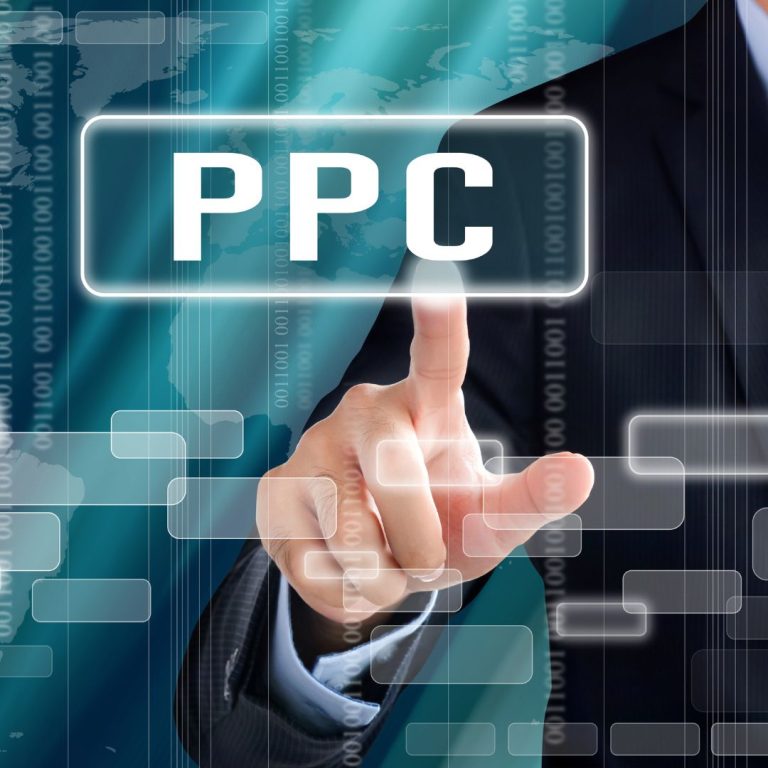
The Power of Influencer Marketing: Unlocking Brand Success
In today’s digital landscape, businesses are continuously searching for innovative ways to engage with their target audiences. Traditional marketing techniques, while still relevant, are no longer as effective in isolation. This shift in consumer behaviour has led to the rise of influencer marketing—a powerful strategy that harnesses the credibility and reach of social media personalities to promote brands. In this blog, we will explore the dynamics of influencer marketing, its benefits, strategies for successful campaigns, and future trends that will shape its evolution.
Understanding Influencer Marketing

Influencer marketing is a type of social media marketing that leverages individuals with a dedicated and engaged following to endorse or promote products and services. These influencers, who can range from celebrities to niche content creators, hold the power to sway consumer opinions and drive purchasing decisions. Unlike traditional advertisements, influencer marketing builds authenticity by relying on trust between influencers and their audiences.
Influencers can be classified into several categories based on their follower count and reach:
- Mega-Influencers (1M+ followers): Typically, celebrities or prominent figures with a vast audience.
- Macro-Influencers (100K–1M followers): Established influencers with significant reach and credibility.
- Micro-Influencers (10K–100K followers): Niche-focused creators with highly engaged communities.
- Nano-Influencers (1K–10K followers): Everyday individuals with a strong influence within their close-knit networks.
Each category plays a unique role in a brand’s marketing strategy, allowing businesses to tailor campaigns based on specific goals and target demographics.
Benefits of Influencer Marketing

- Enhanced Brand Awareness
Influencers can introduce brands to a broader audience. With their established credibility, they can amplify brand messaging, making it more visible to potential customers.
- Authentic Engagement
Unlike traditional advertising, influencer marketing fosters genuine interactions. Consumers are more likely to trust recommendations from someone they follow and admire, making influencer collaborations more impactful.
- Improved ROI and Cost-Effectiveness
Compared to conventional marketing channels, influencer marketing often delivers a higher return on investment (ROI). Micro- and nano-influencers offer affordable partnerships with impressive engagement rates.
- Targeted Reach
Influencers cater to specific niches, allowing brands to connect with a highly relevant audience. Whether it’s fashion, fitness, gaming, or beauty, businesses can partner with influencers whose followers align with their ideal customers.
- Boosted SEO and Online Presence
When influencers create content featuring a brand, it generates backlinks and social signals that enhance search engine rankings. This additional exposure contributes to a stronger digital footprint.
Strategies for a Successful Influencer Marketing Campaign

- Define Clear Goals
Before launching an influencer campaign, brands must establish clear objectives. These could include increasing brand awareness, driving website traffic, generating leads, or boosting sales.
- Choose the Right Influencers
Selecting the right influencers is crucial for campaign success. Brands should evaluate influencers based on their audience demographics, engagement rates, authenticity, and alignment with brand values.
- Build Authentic Relationships
Successful influencer marketing is built on trust and authenticity. Instead of one-off promotions, brands should focus on fostering long-term partnerships with influencers who genuinely resonate with their products or services.
- Leverage Different Content Formats
Influencers create diverse content, including Instagram posts, YouTube videos, TikTok challenges, blog reviews, and live streams. Brands should experiment with various formats to maximize engagement.
- Encourage Creative Freedom
While brands should provide guidelines, allowing influencers creative freedom ensures that content remains organic and relatable to their audience. Authenticity drives better results than overly scripted promotions.
- Track Performance Metrics
To measure the effectiveness of influencer campaigns, brands should track key performance indicators (KPIs) such as engagement rates, conversion rates, click-through rates, and overall ROI. Data-driven insights help refine future strategies.
Future Trends in Influencer Marketing

- Rise of AI and Virtual Influencers
Artificial intelligence (AI) is transforming influencer marketing, giving rise to virtual influencers—computer-generated personas with large followings. Brands are increasingly collaborating with these digital influencers to create unique and futuristic marketing experiences.
- Growth of Micro- and Nano-Influencers
While mega-influencers have significant reach, brands are recognizing the power of smaller influencers who maintain higher engagement and trust within their communities. Expect to see more campaigns featuring micro- and nano-influencers.
- Expansion of Video Content
Video content continues to dominate digital marketing. Platforms like TikTok, YouTube Shorts, and Instagram Reels provide influencers with creative ways to showcase products, making video-based influencer marketing more influential than ever.
- Focus on Authenticity and Transparency
Consumers are becoming more discerning, demanding transparency in influencer collaborations. Brands and influencers will prioritize authentic storytelling and disclose paid partnerships to maintain credibility.
- E-commerce and Social Shopping Integration
Social media platforms are evolving into shopping hubs, with features like Instagram Shops and TikTok Shopping enabling seamless purchases. Influencers play a key role in driving social commerce, bridging the gap between content and sales.
The Role of Influencer Marketing in Webthrive's Service Portfolio

Influencer marketing complements Webthrive’s other services by amplifying brand messages through trusted voices. For instance, while search engine optimization (SEO) enhances a brand’s visibility on search engines, influencer collaborations can drive immediate traffic and engagement through personalized endorsements. Similarly, content created in partnership with influencers can be repurposed across social media marketing campaigns, enriching the brand’s content pool and extending its reach.
Conclusion
Influencer marketing has become an indispensable tool for brands looking to connect with their audiences in a meaningful and engaging way. By leveraging the power of influencers, businesses can enhance brand awareness, drive conversions, and build long-term customer loyalty. As the industry continues to evolve, staying ahead of emerging trends and adopting a strategic approach will be key to maximizing the impact of influencer marketing. Whether you’re a startup or a global brand, harnessing the influence of digital creators can unlock new opportunities for success in the ever-changing marketing landscape.
Through its strategic and integrated approach to influencer marketing, Webthrive Association empowers clients to harness the power of influential voices in the digital sphere. By aligning brand messages with trusted influencers, Webthrive facilitates authentic connections between brands and consumers, driving engagement, building trust, and ultimately achieving marketing success.









